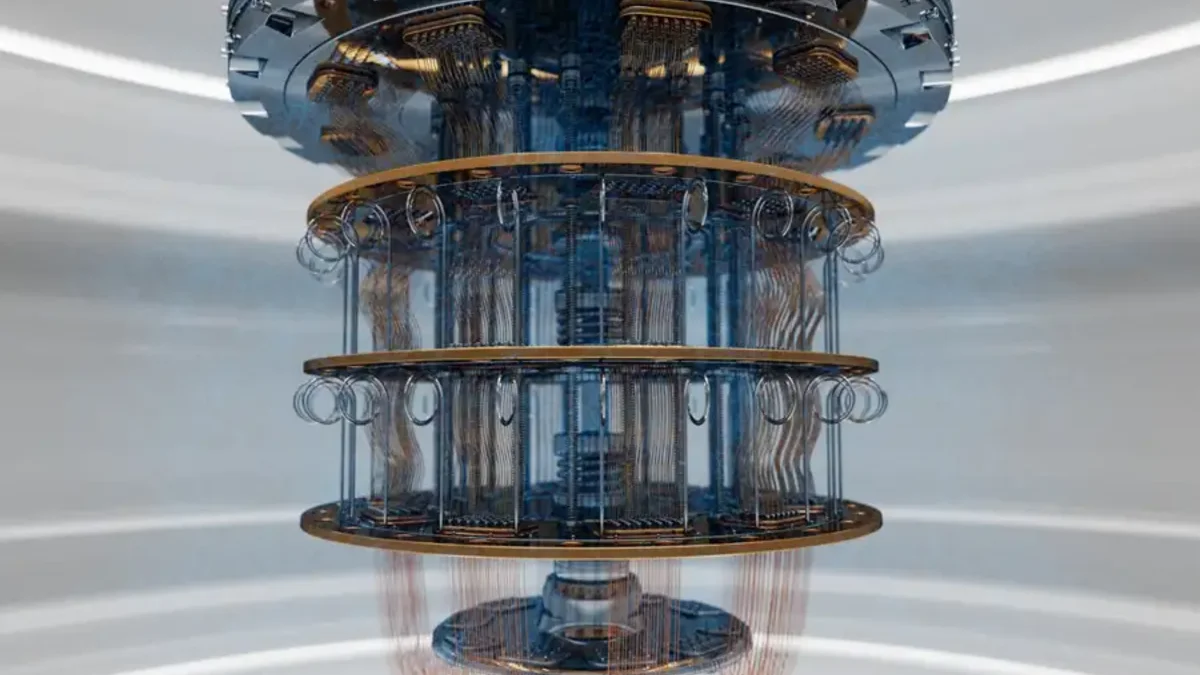Google wants to solve tricky physics problems with quantum computers
Ryan Babbush and his colleagues at Google have developed an algorithm to translate a large range of classical problems so that they can be run on quantum computers. “There’s an important class of classical systems in which we can get an exponential speed-up in simulating the dynamics of those systems on a quantum computer,” says Babbush.
Babbush and his team realised that the mathematics of these classical spring systems, however complex, could always be expressed as a version of the Schrödinger equation, which describes how any quantum system changes through time.
Babbush and his team haven’t calculated how many qubits would be needed to run their algorithm, but it is likely to be beyond today’s machines. However, it could be one of the first applications that a “relatively modest” error-corrected quantum computer is used for, says Babbush.

19th December 2023
Ryan Babbush and his colleagues at Google have developed an algorithm to translate a large range of classical problems so that they can be run on quantum computers. “There’s an important class of classical systems in which we can get an exponential speed-up in simulating the dynamics of those systems on a quantum computer,” says Babbush.
Babbush and his team realised that the mathematics of these classical spring systems, however complex, could always be expressed as a version of the Schrödinger equation, which describes how any quantum system changes through time.
Babbush and his team haven’t calculated how many qubits would be needed to run their algorithm, but it is likely to be beyond today’s machines. However, it could be one of the first applications that a “relatively modest” error-corrected quantum computer is used for, says Babbush.
19th December 2023
